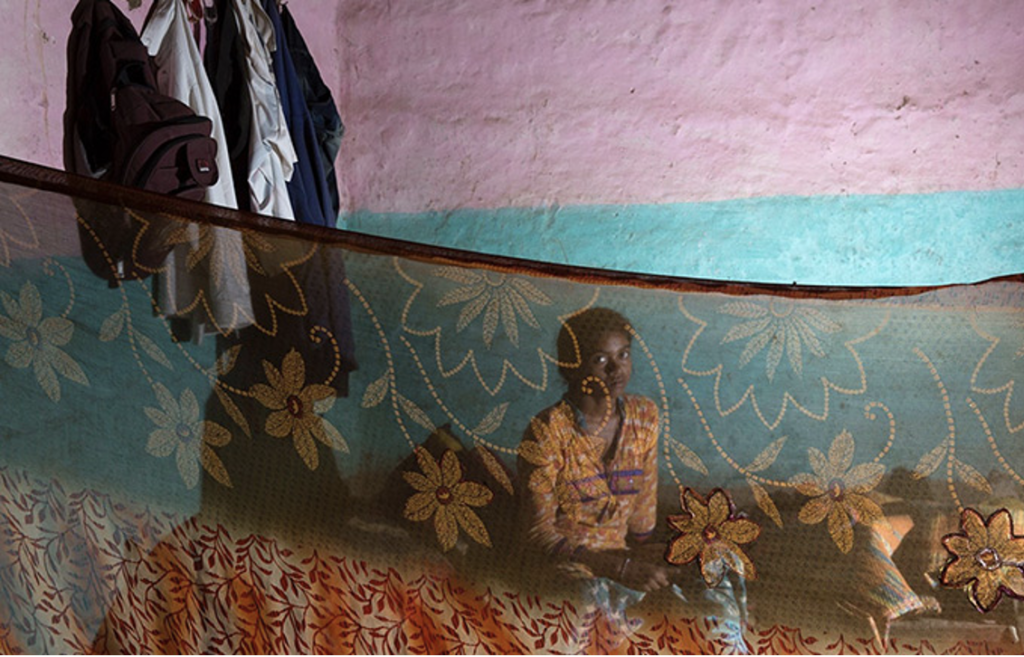In Spain, at the request of the Ministry of Equality, the “Menstrual Rights Act” has been passed. As a woman, I am outraged and as a gynaecologist, I am horrified.
Throughout history it has been very difficult to ensure that menstruation does not limit women’s social capacity and freedom.
Until the last century, doctors, religions, and the culture of almost all societies believed vaginal bleeding (menstrual or postpartum) “makes it extremely doubtful to what extent they can be considered responsible beings”. Similar views continue to be held in the third world today.
Hippocrates asserted the putrid power of female bleeding and it has been used to exclude women with isolation, prohibition to touch other people’s food, prohibition to enter sacred places, etc.
In Spain, women of my mother’s age could not go to the baptism of their children; until 40 days postpartum they could not enter churches. And even today, if your mayonnaise gets broken, it’s because you’re on your period.
In India today, 15-year-old Priyanka Meena sleeps outside her house when she is menstruating and, of course, cannot go to school.
She wears the same clothes and uses the same utensils when she has her period because they are believed to be impure.
© UNFPA India
UNFPA is the United Nations agency fighting for sexual and reproductive health. They and UNICEF advocate that girls and women should not have to change anything during periods, that they should have access to proper sanitary pads and toilets and provide treatment for those suffering from menstrual disorders.
And now, in Spain, they are encouraging women to stay at home!
Text of the law:
“Sick leave for painful menstruation is the right to temporary incapacity for medical conditions resulting from painful periods that make it impossible to work (dysmenorrhoea that causes pain, vomiting, dizziness, diarrhoea and heavy bleeding). In many cases, they are associated with diseases such as endometriosis or polycystic ovaries, which many women suffer from, and which prevent them from working normally.
Sick leave due to painful menstruation can be arranged, subject to a medical report, and will allow a woman to stay at home for a few hours of her working day or for a few days, if the pain of her period prevents her from working. It will be the days that each woman, according to her medical condition, needs. Women who feel unable to carry out their work duties must go to their GP at the social security office to apply for the corresponding leave of absence; the doctor can grant a leave of absence for disabling menstruation that is valid for one year. It must be renewed before the last day of each year and submitted to the employer before 30 January of the following year. The employee will receive the benefit from the first day of sick leave, unlike the rest of temporary incapacity, when the worker begins to receive the benefit from the fourth day”.
Now they are also starting to promote even sick leave due to premenstrual syndrome, ovulatory pain, menopause, etc.
I believe the following:
- During the period, we can do EVERYTHING: gymnastics, swimming, working, having sex, etc.
- Women with alterations in their periods or illnesses that cause dysmenorrhoea should NOT go to their GP for annual leave, but to the gynaecologist for treatment.
- We can even consider the possibility of not having periods: contraceptives can be taken without a break (it is the same to take them for 21 days as for 30, it is not necessary to take breaks). We must break the myth that menstruation is necessary to cleanse!


Leave a comment